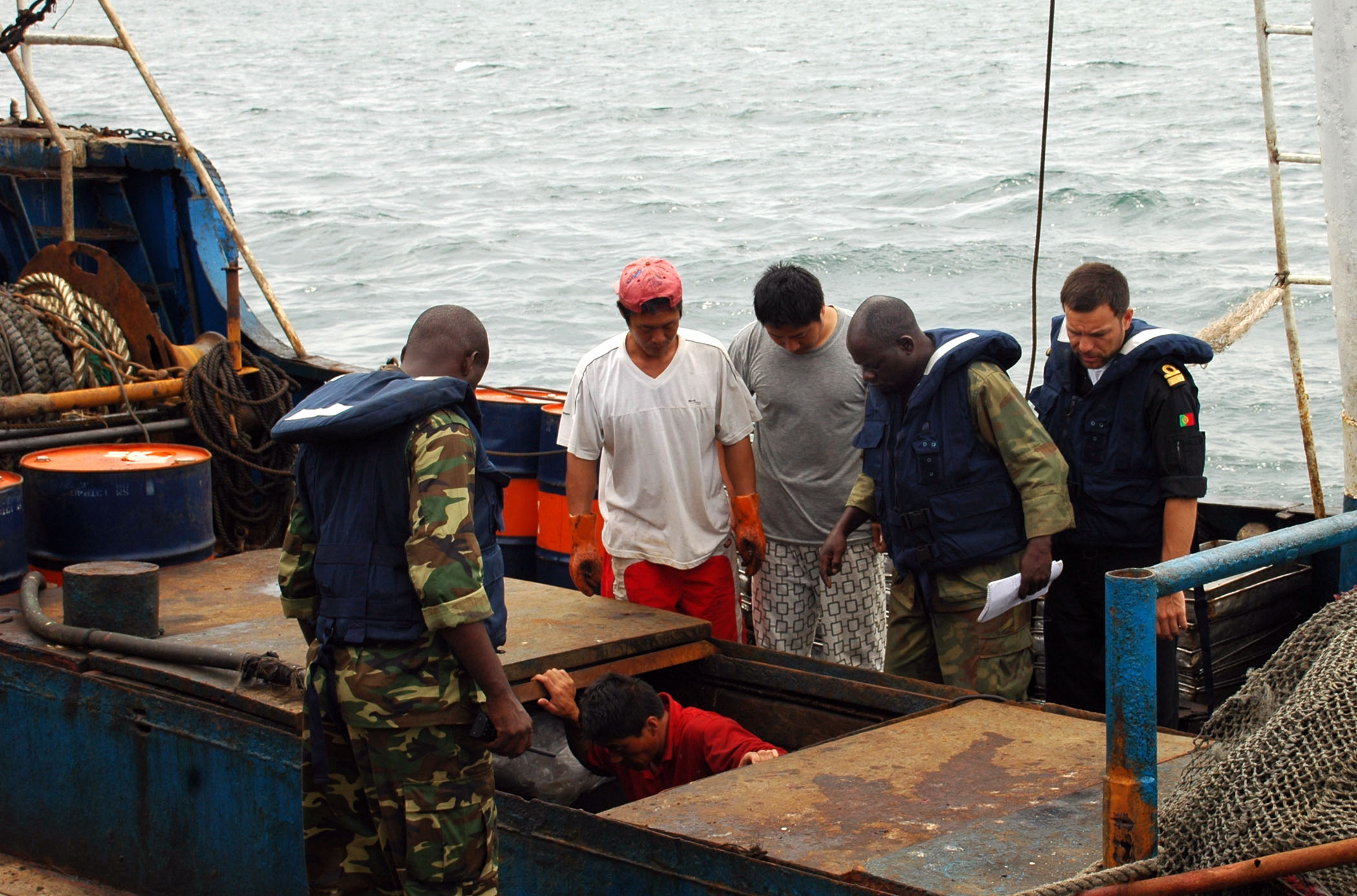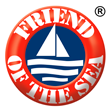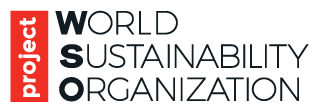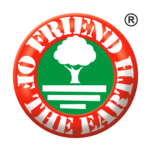Friend of the Sea fisheries certification: a tool to combat IUU fishing

6 April 2018 – Illegal, unreported and unregulated (IUU) fishing, generating 14 to 33 per cent of global catch, is a threat to the oceans as it undermines national and regional efforts to preserve marine biodiversity and to manage fisheries sustainably. By monitoring and controlling suppliers and fleets compliance with fisheries laws and regulations, including those related to social accountability, Friend of the Sea certification is a powerful tool to discourage IUU fishing.
What is IUU fishing?
IUU fishing activities include: fishing without a licence or appropriate registration, fishing in protected areas, illegal landings or transhipments, the use of unauthorised and destructive gears and catch of protected or endangered species.
IUU fishing hinders the correct quantification of the fishing effort and causes overestimation of the size of the stock. Lack of control means also likely higher catches of endangered species, shark finning, and higher fishing gear impact on the marine habitat. IUU allows also for crew mistreatment, forced labour or slavery.
It is estimated that most of the illegal catches occur off the coast of West Africa – around 40 per cent – and in Northern and Central Pacific, in the Western Bering Sea and the Arafura Sea.
A number of global initiatives has been put in place to tackle this important threat to seafood sustainability. Among these, international standards like Friend of the Sea represent a powerful tool to prevent and eliminate IUU fishing. Friend of the Sea certification constitutes a market incentive to responsible fishing companies, which actively avoid sources of illegal seafood, thus reducing IUU products’ demand, relieving pressure on global fisheries and allowing fishermen to earn a fair price for their catch.
Friend of the Sea has included in its fisheries standard several requirements designed to exclude IUU seafood from the certified supply chain and guarantee to the final consumer that products carrying the ecolabel do not originate from illegal fleets.
Vessels’ registration, fishing licence, record of bycatch and discards are amongst the requirements verified during the third-party inspection by accredited certification bodies. Auditors confirm also that none of the supplying vessels is among those listed as IUU or Flag of Convenience.
Friend of the Sea standard requires compliance with social accountability too, such as appropriate salaries, health insurance and no child labour. Presence of full-time observers on board bigger and freezer vessels is a further guarantee of compliance. All this is verified every year in the course of surveillance audit. FOS standard hence works as an extension of existing monitoring and enforcement in fisheries.
Friend of the Sea commitment against IUU fishing
While other major fisheries certification lack requirements on social accountability and are not as strict as our requirements against IUU fishing, Friend of the Sea has planned to introduce an enhanced set of standards in 2018 to tackle IUU fishing. These will cover issues such as transhipment, rules on appropriate housing of the crew, measures to allow real time monitoring online of vessels geographical location.
Friend of the Sea is also planning training courses on IUU for customs officers in order to try and fill the knowledge gap still existing on the issue at global level. Hopefully illegal fishing and social accountability will be increasingly important issues also for consumers and producers worldwide. This is the only way to rapidly and effectively solve the problem. In the years to come, Friend of the Sea is determined to continue its effort against IUU, in the years to come.
***



